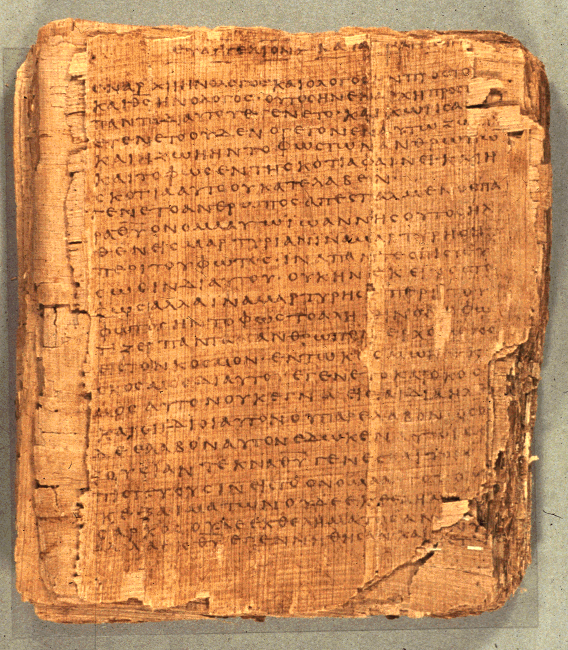Rumination's on Hymns: "Praise, My Soul, the King of Heaven"
Praise, my soul, the King of heaven, To his feet thy tribute bring; Ransomed, healed, restored, forgiven, Who like me his praise should sing? Alleluia! Alleluia! Praise the everlasting King. Praise him for his grace and favour To our fathers in distress; Praise him still the same as ever, Slow to chide, and swift to bless: Alleluia! Alleluia! Glorious in his faithfulness. Father-like, he tends and spares us, Well our feeble frame he knows; In his hands he gently bears us, Rescues us from all our foes: Alleluia! Alleluia! Widely as his mercy flows. Angels, help us to adore him; Ye behold him face to face; Sun and moon, bow down before him, Dwellers all in time and space: Alleluia! Alleluia! Praise with us the God of grace. --H. F. Lyte (1793-1847) Praise God for all he has done for us! How much we owe him and how little we give and show our appreciation to our Redeemer and Shepherd. Give thanks to God and Praise the King of Heaven! |

























